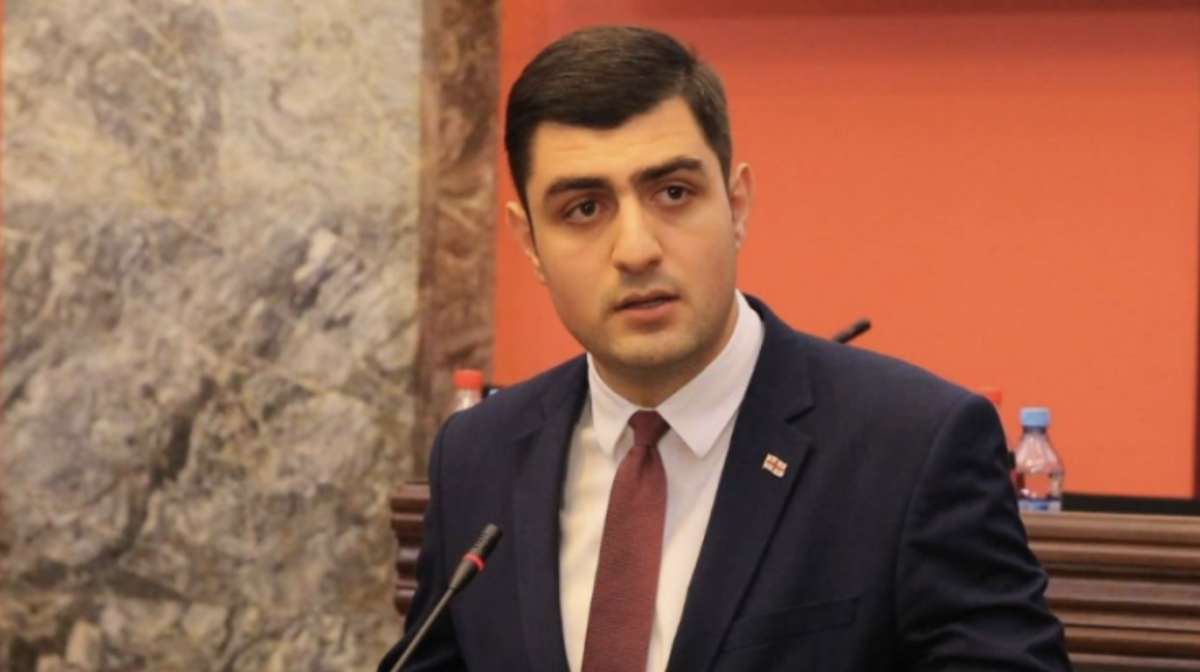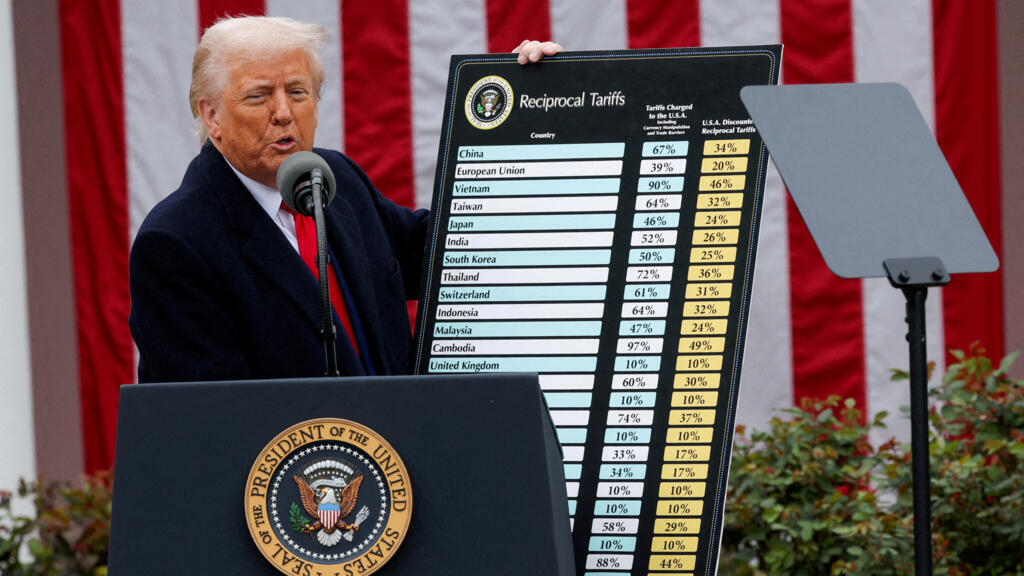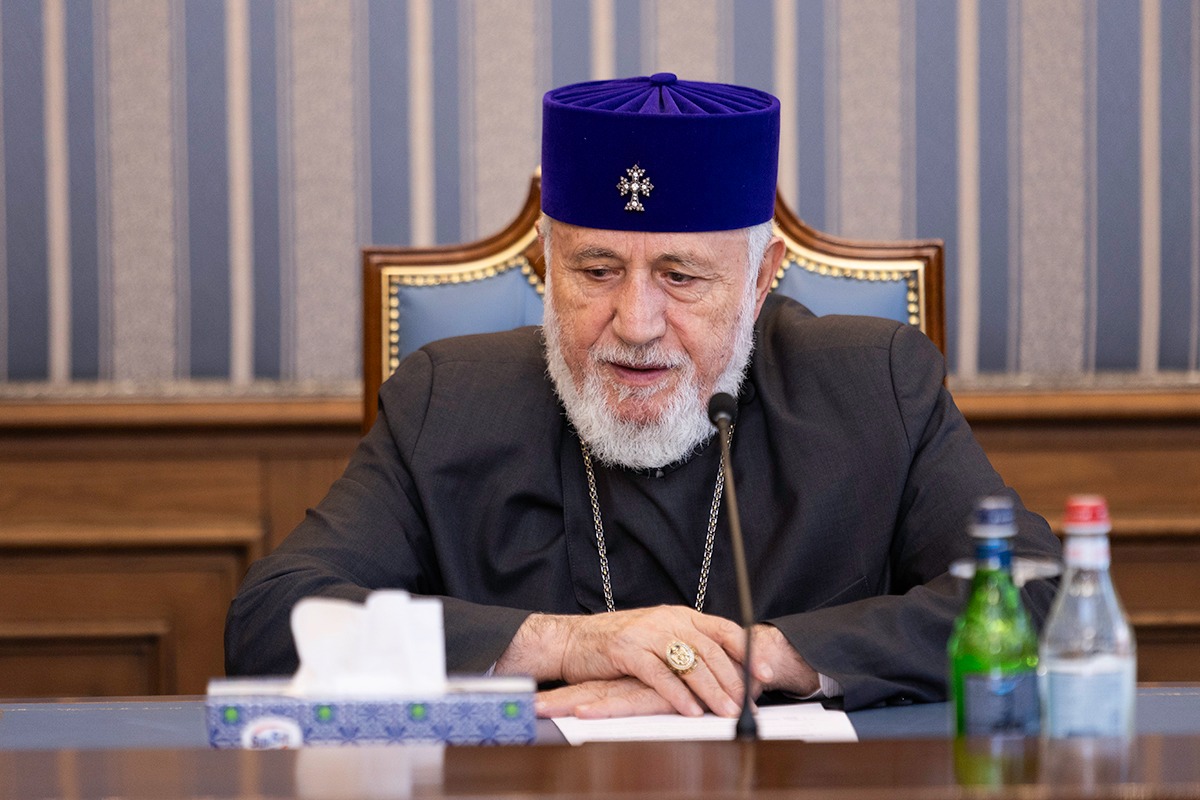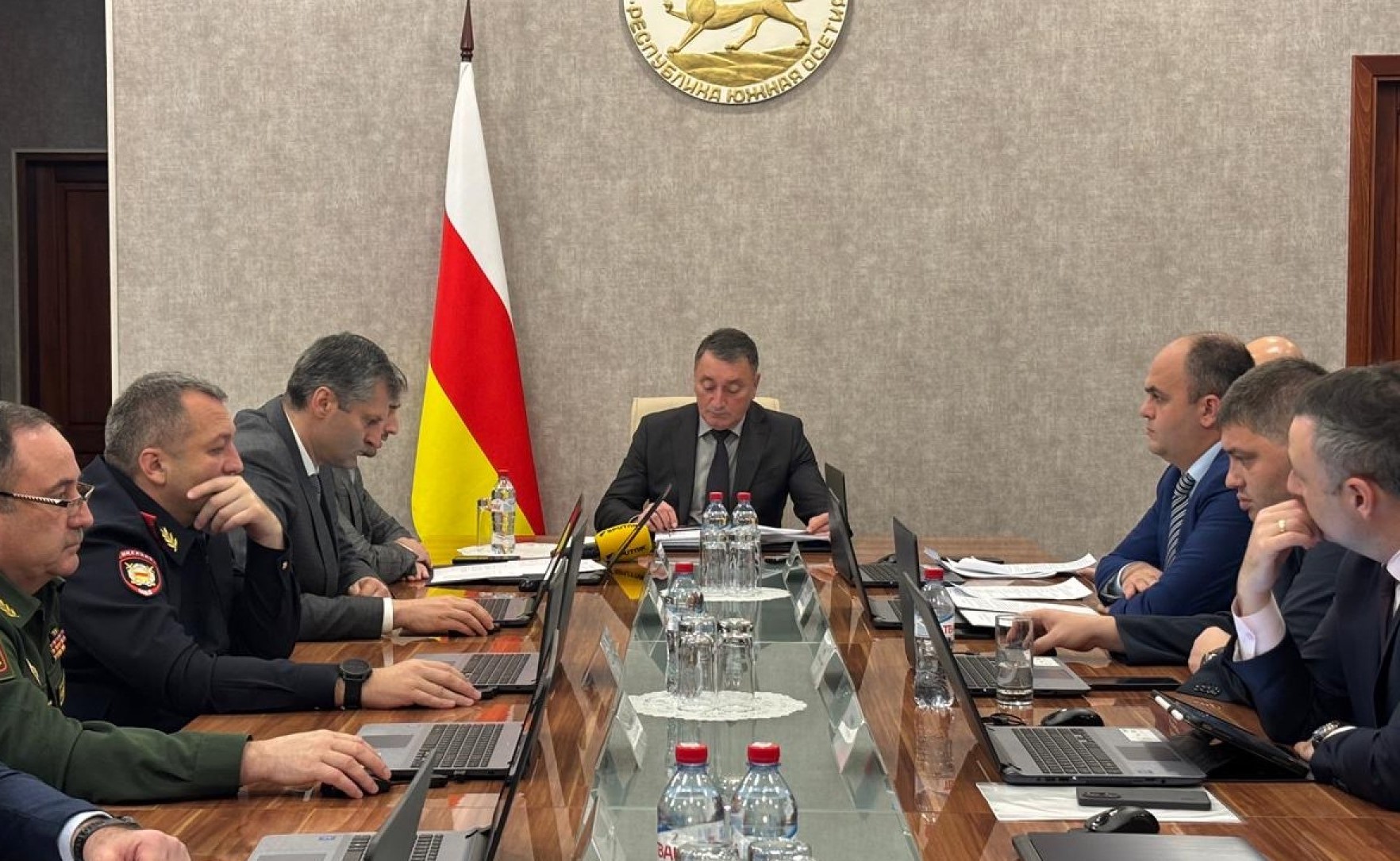Pashinyan remains Armenia’s most trusted politician, but his approval rating has declined: IRI poll
Pashinyan’s approval rating in Armenia
Armenian Prime Minister Nikol Pashinyan’s approval rating has decreased, according to a new poll conducted by the International Republican Institute (IRI). As of June 2025, 13% of respondents said they trust the prime minister — a drop from 16% one year earlier.
Despite this decline, Pashinyan still tops the list of Armenia’s most trusted political figures. Foreign Minister Ararat Mirzoyan ranks second with 5%, followed by former President Robert Kocharyan with 4%. Notably, Kocharyan’s trust rating has doubled since September 2024, when only 2% of respondents expressed confidence in him, according to IRI’s previous poll.
The survey was conducted by phone between 16 and 26 June 2025, with 1,505 adult participants across Armenia. The sample included forcibly displaced individuals from Nagorno-Karabakh who have been residing in Armenia since 2023. Those who had been living in the country for less than six months were excluded from the survey.
- Arrested Russian-Armenian businessman Samvel Karapetyan forms a political party
- Armenian security services say attempted coup foiled, release evidence
- “Former authorities want to say we’re just as much thieves as they were” – Pashinyan
- Pashinyan says people in Armenia live better than in 2018 – they disagree
Ruling party’s popularity also declines
Support for Armenia’s ruling party, Civil Contract, has also decreased, according to the latest International Republican Institute (IRI) poll. In September 2024, 20% of respondents said they would vote for the party if elections were held the following Sunday. This figure has now dropped to 17%.
The opposition bloc Hayastan (Armenia), led by former president and pro-Russian politician Robert Kocharyan, came in second with 4% support — up from 2% in the previous year’s survey.
A significant 61% of respondents said they do not trust any Armenian politician.
Voter turnout outlook for 2026 parliamentary elections:
- 28% said they would not participate in the election,
- 12% plan to spoil their ballot to render it invalid,
- 22% were undecided.
Armenians place greatest trust in the army and the church
The poll found that the most trusted institutions in Armenia are the Armed Forces and the church. A combined 72% of respondents said they fully or somewhat trust the army, and 58% expressed trust in the Armenian Apostolic Church.
Trust in the church has risen by 10 percentage points since last year’s IRI poll, and is particularly high among younger respondents: over 70% of those aged 18–35 said they trust the church.
As for state institutions:
- 38% said they trust the prime minister’s office,
- 31% trust the judiciary,
- 24% trust the National Assembly (parliament).
‘The country is heading in the wrong direction‘
Nearly half of Armenians (49%) believe the country is moving in the wrong direction, while only 36% think it is on the right path. This marks a sharp decline from 46% in September 2024 and 50% in December 2023.
Breakdown by age shows that younger and middle-aged respondents are the most pessimistic:
- 54% of 18–35-year-olds and 52% of those in middle age think the country is headed in the wrong direction.
Older citizens are more optimistic:
- 43% of those over 56 years old and 47% of pensioners said Armenia is on the right track.
Recent government achievements
The International Republican Institute (IRI) also sought to identify what Armenian citizens see as the main achievements of the government over the past six months.
According to the survey:
42% of respondents said that Prime Minister Nikol Pashinyan’s government had achieved nothing during this period.
- 11% pointed to road construction as a key achievement,
- 9% mentioned maintaining peace,
- 7% cited repairs to schools and kindergartens.
Top concerns in Armenia
When asked to name the most pressing problems facing the country:
- 44% highlighted security and border protection,
- 14% cited the economy and unemployment,
- 12% named political instability.
‘Would you support the signing of a peace treaty with Azerbaijan?’
In response to this question:
- 47% of respondents expressed support for signing a peace treaty with Azerbaijan:
- 29% said they fully support it,
- 18% said they somewhat support it.
- 7% were somewhat opposed,
- 33% were strongly opposed.
An additional 10% said their support would depend on the final terms of the agreement, and 2% were undecided or refused to answer.
Perceived benefits of a peace treaty between Armenia and Azerbaijan:
- Establishment of peace – 74%,
- Economic development – 9%,
- Mutual recognition of territorial integrity – 8%,
- Unblocking of transport routes – 6%,
- Peaceful coexistence and establishment of diplomatic relations with Azerbaijan and Turkey – 2%.
Notably, according to the IRI survey, Azerbaijan and Turkey, alongside Israel, are viewed by the Armenian public as the three countries with which Armenia has poor relations.
‘We support Armenia’s membership in the EU’
According to the International Republican Institute (IRI), 49% of Armenian citizens would vote in favour of Armenia joining the European Union if a referendum were held next Sunday. Meanwhile:
- 15% said they would vote against
- 31% would not vote at all
- 5% were undecided or refused to answer
When asked what they saw as the main benefit of Armenia’s EU membership, respondents chose from the following:
- Strengthening of national security – 37%
- Economic growth – 18%
- Development of the country – 10%
- Visa liberalisation – 5%
- Democratic progress – 5%
- Peace – 4%
- Reduction of Russian influence – 2%
- A better future – 2%
- Joining the civilised world – 1%
- Job creation – 1%
An additional 6% selected “Other advantages”, 2% believed there are no advantages, and 8% either refused to answer or were undecided.
Pashinyan’s approval rating in Armenia


















